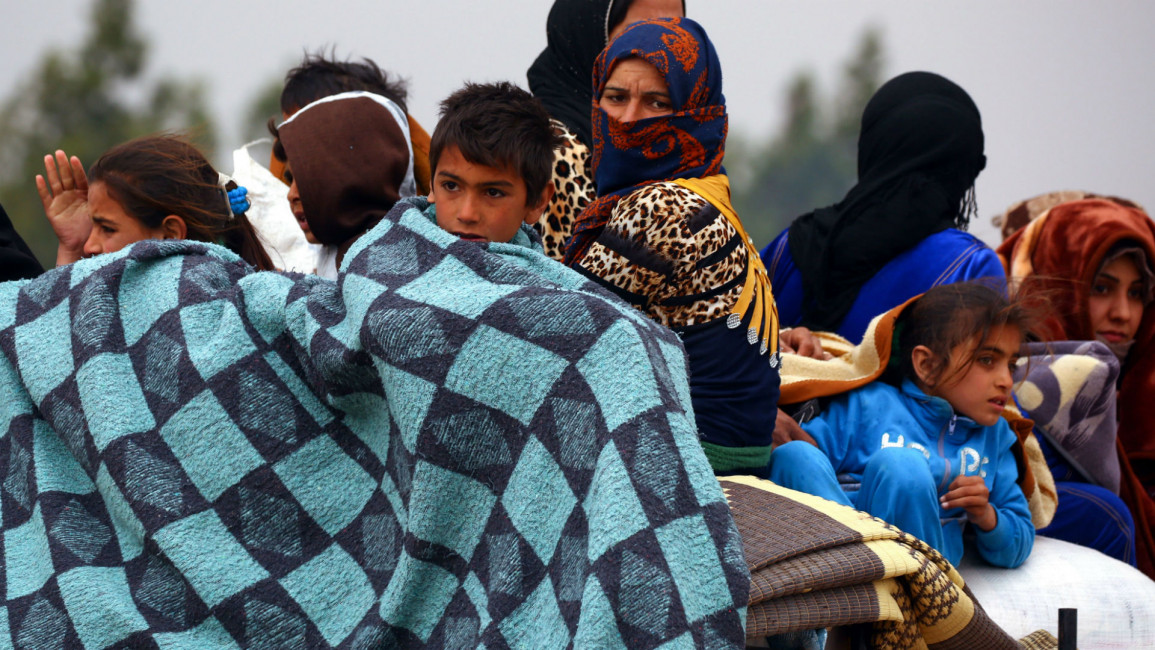Guterres: Syria forced evacuations 'may be a war crime'
UN Secretary-General Antonio Guterres is warning that the forced evacuation of civilians in Syria may be a war crime, as one of the largest population transfers in the country's six-year civil war is taking place.
Guterres said in a report to the Security Council circulated Monday that the United Nations has repeatedly expressed concern at local agreements between the Syrian government and opposition groups that follow the decimation of an area and result in the forced displacement of any civilians.
He reminded the parties to such agreements that under international humanitarian law "the forced displacement of civilians for reasons relating to the conflict "is permissible solely in order to guarantee their security or for imperative military necessity."
"Forced displacement for any other reason relating to the conflict is prohibited and may constitute a war crime," Guterres said.
Under the deal between the government and opposition, brokered by outside parties including Qatar, an estimated 30,000 people will be transferred over 60 days from their besieged hometowns and neighborhoods, including around Damascus, Homs and Aleppo.
The evacuations from four besieged villages " pro-government Foua and Kafraya and opposition-held Madaya and Zabadani" were delayed after a bombing killed more than 120 evacuees.
Critics say the population transfers are redrawing Syria's map along sectarian and political lines, and the opposition has described the evacuations as "demographic engineering."
The UN has played no role and Guterres stressed that any evacuations must be safe, voluntary and to a place of the civilians' choosing.
"Those displaced must be allowed to return voluntarily to their homes as soon as the situation allows," he said.
The secretary-general also said he remains "deeply troubled" at the high level of civilian casualties from air strikes and explosive weapons fired into populated areas.
These strikes are also destroying "the building blocks of civilian life" critical to Syrians, including bakeries, water stations, hospitals, schools and places of worship, he said.
In the report Guterres criticised all parties for blocking the delivery of humanitarian aid to thousands of people who desperately need help.
On a somewhat positive note, he said "the steady work" by the government and opposition parties at the last round of UN-mediated political talks in March aimed at ending the war "should not be underestimated or dismissed."
He pointed to the assertion by all parties "that there should be no constitutional or security vacuum as a negotiated political transition is implemented," calling this "an important step" in understanding what is required if a political transition is to be negotiated.
Guterres said it was "significant" that both sides expressed willingness to intensify consultations with the UN between negotiations "so that further progress may be made during the next round as quickly as possible to solve the conflict in the country."



